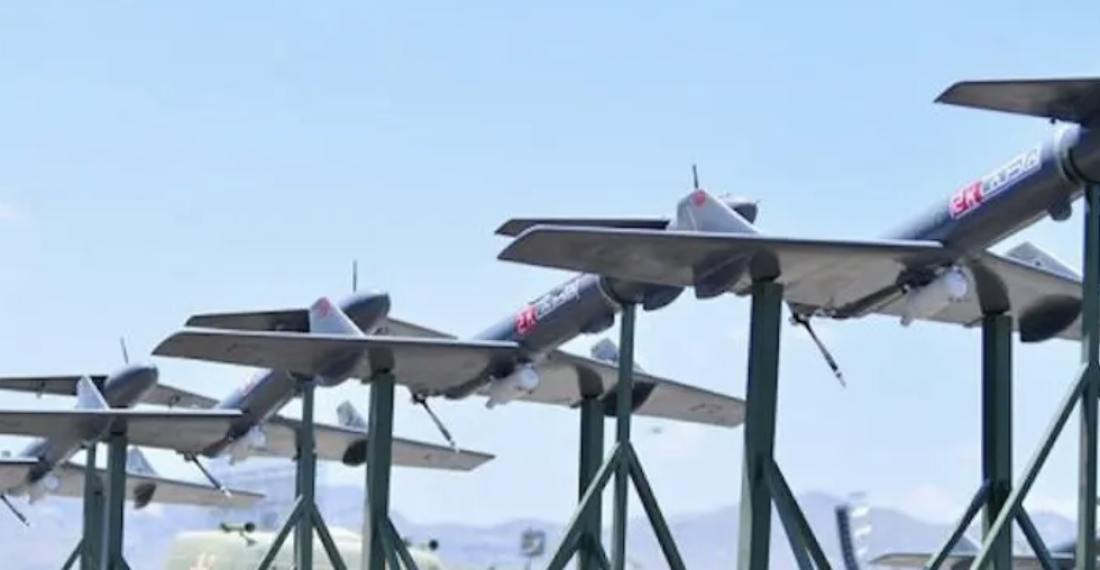On Friday (4 July), Eurasia Review reported that Yemen’s Houthi rebels were supplying drones to Somali militant groups, raising security concerns across the Horn of Africa. Despite having different religious affiliations — Somali militant groups primarily advocate for Sunni Islamist ideology, while the Houthis back Shiism — the two groups began cooperating to expand ammunition and weaponry supply routes.
In 2024, Puntland authorities captured seven men carrying five explosive-laden quadcopter drones, believed to have been sent by the Houthis. Shortly after, these unmanned aircraft were used in attacks by al-Shabaab and ISIS-Somalia, marking a shift from surveillance to lethal use in the region.
Somalia has three risk zones where rebels may launch attacks sponsored by the Houthis. These include Somaliland and Puntland, where the Islamic State holds power, as well as areas in central and southern Somalia controlled by Al-Shabaab.
Militants in Somalia have reportedly held meetings with Houthi representatives to request advanced drone systems and operational training. Analysts warn that this growing transfer of technology could significantly increase the reach and impact of terror attacks across the Horn of Africa, including in Djibouti, Ethiopia, and Kenya.






